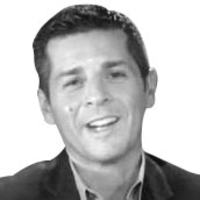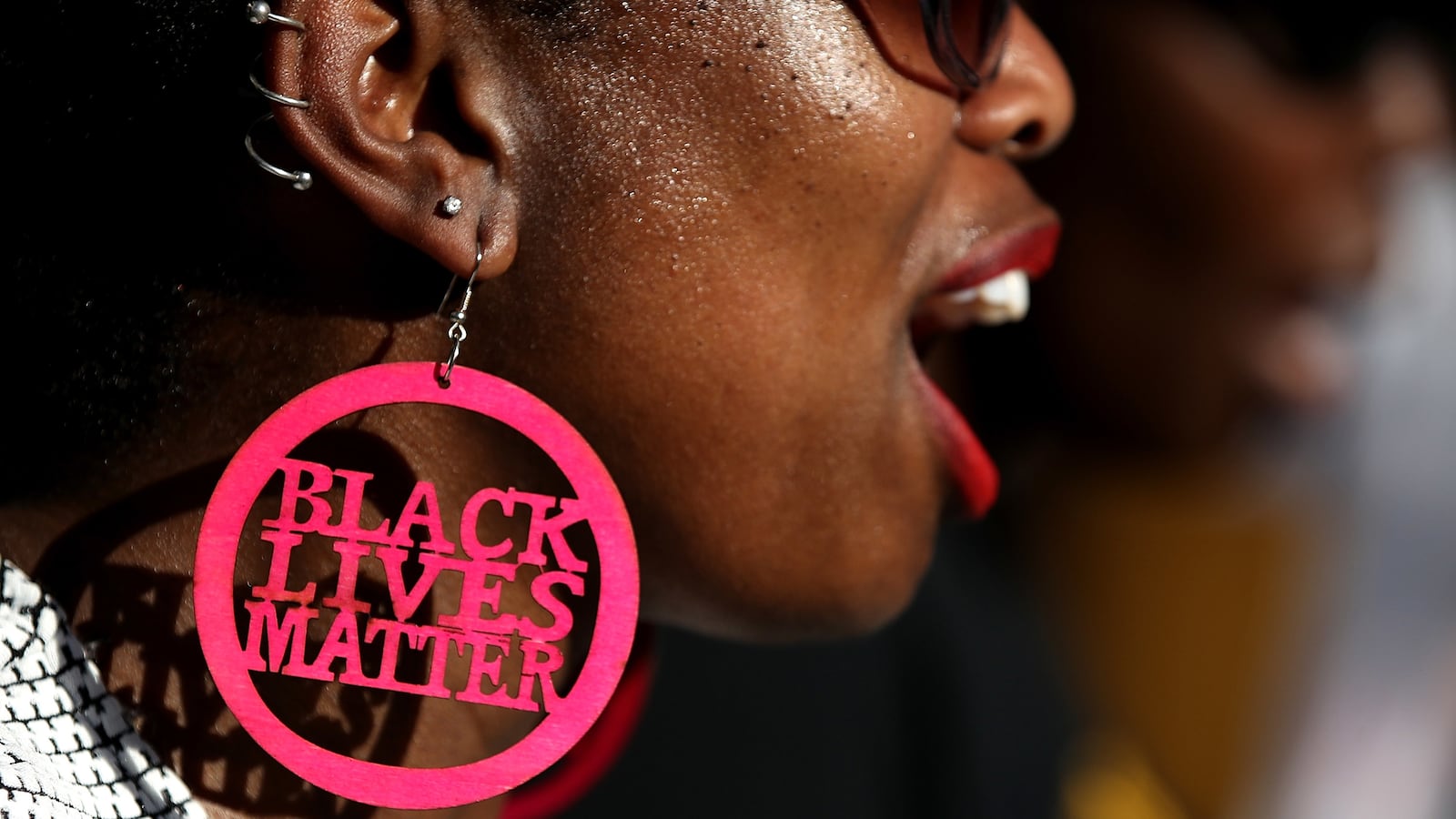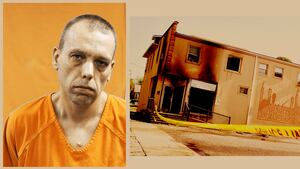Despite the Muslim and African-American communities both being minority groups, and the fact that nearly one third of the Muslim American community is black, there’s been a history of tension or mistrust between many in the two groups. And George Floyd’s tragic murder and the reaction that followed both conjure up the past challenges for these two communities—and offer an inspiring sign of hope for the future.
One of the primary areas of friction arises from the fact that some Muslims of Arab and South Asian heritage own delis or even liquor stores in urban neighborhoods where they gladly accept the money of black customers but show no support for the African-American community in time of need. Others, such as Michigan-based Imam Dawud Walid, who is African-American, have called out South Asian and Arab Muslim store owners who profit off the black community by selling them goods that are detrimental to their health, as he did in a tweet this week: “If fellow Muslims who own liquor stores in the Black community truly care about Black lives, they can start with stopping the sale of alcohol, lottery, and drug paraphernalia in their stores.” While some have accused the Muslim owners of being welcoming of white patrons but openly hostile to black customers, calling them racist names in Arabic or other languages.
Add to that, internally in the Muslim community, some Middle Eastern/South Asian Muslims—primarily but not exclusively immigrants—had a history of not welcoming or being dismissive of them simply because of their race. This very point was made by comedian Hasan Minhaj this week on his Netflix series Patriot Act, as he addressed the murder of Floyd and need for “Brown” people—especially Muslims—to be a part of the fight against discrimination.
Conversely, Muslim-owned stores’ profiting off the black community has stoked resentment toward the Arab and South Asian Muslim community. All of this has contributed to driving many in these two minority communities to view each other with contempt and disdain.
In the case of Floyd, the store in which he allegedly attempted to pass a counterfeit $20 bill is owned by a Muslim American of Palestinian heritage named Mahmoud Abumayyaleh. While it was a 17-year-old clerk who called the police, not Abumayyaleh, who was out of the store at time and who has stated he personally knew Floyd and would’ve never called the authorities if he had been present, this incident still conjures up a history fraught with tension.
On the more positive side though, the person who will lead the prosecution of the officers for killing Floyd is Muslim: Minnesota Attorney General Keith Ellison, who announced Wednesday that he was upgrading the charges against former Minneapolis police officer Derek Chauvin from third- to second-degree murder and he charged the three officer at the scene with aiding and abetting in the murder.
Add to that, we’ve seen an “unprecedented outpouring of support from Middle Eastern and South Asian Muslims” for Floyd and in support of Black Lives Matter, according to Margari Hill, an African-American Muslim who serves as executive director of the Muslim Anti-Racism Collaborative, based in Alta Loma, California.
This second development has not always been the case. As longtime activist Linda Sarsour, co-founder of MPOWER Change, told me , “Since the 2014 police murder of Mike Brown in Ferguson, we have seen more non-black Muslim participation in the anti-police brutality movement because now we have begun to understand the intersections of oppression by law enforcement and that one-third of our Muslim community is African-American, and they are hurting too.” But she added, “We still have so much more work to do.”
That was the same sentiment I heard from Cleveland City Council member Basheer Jones, the first Muslim ever elected to the council with his 2017 victory. Jones, a 33-year-old African-American, is doing his best to bring together the diverse facets of the Muslim community. I’ve seen Jones give impassioned speeches to Muslim audiences that were primarily Arab and South Asian, telling them in essence, “I’m with you on Syria and Palestine, you have to be with us on Black Lives Matter.”
Jones, who is now actively considering a run for Cleveland mayor in 2021, explained that when he first ran for office three years ago, he received very little support from the greater Muslim community, but that has dramatically changed over time. Jones noted that one of the most effective tools in uniting and animating the disparate parts of the Muslim community is none other than Donald J. Trump: “It doesn’t matter if you are Middle Eastern, South Asian, or black, if you are not white, you suffer from the impact of white supremacy—which has grown even more acute in the time of Trump.”
Jones, who was a community organizer before running for City Council, spoke of the long list of African-Americans wrongly killed by the police in Cleveland, including 12-year-old Tamir Rice, who was shot and killed by a police officer in 2014 while playing with a pellet gun. But he noted the the Floyd case was especially heartbreaking and jarring: “Not only did we see the police with a knee on George Floyd’s throat for over eight minutes, the police knew they were being filmed and still didn’t care.”
In Minneapolis, where Floyd was murdered, the Muslim community has been especially active—not just participating in the protests but organizing them as well, explained Jaylani Hussein, the executive director of the Minnesota chapter of the Council on American-Islamic Relations (CAIR). Hussein, who is of Somali heritage, remarked that since the Muslim community in Minneapolis is primarily African American, they’ve been leading the protests. But he added that there has been a visible presence by the Palestinian American community, which he views as a very positive development.
Hussein, who was involved in protesting past police killings in Minneapolis such as of the case of Philando Castile, a black motorist killed by a police officer who was later acquitted, the Floyd case has animated the Muslim community unlike ever before. In Hussein’s view, the horrific killing of Floyd on video has “fully engaged” the Muslim community to stand up for black lives and oppose police brutality.
Adding to the outrage of the Muslim community in Minneapolis is the case of former Minneapolis police officer Mohamed Noor, a Somali-American Muslim, who was sentenced to 12-1/2 years in prison for killing Justine Ruszczyk, a white woman. Hussein’s point was not that Noor shouldn’t have been convicted, but that when the police officer is black and he kills a white person, justice is swift; yet when the facts are reversed the wheels of justice move slowly, if it all.
The Floyd case, though, has struck a nerve with the Muslim community just has it has with the nation as a whole, as marked by protests from Boston to Oregon. I’ve never seen more emails from Muslim groups denouncing police brutality and calling for change. This time feels different for the Muslim community—just as it does for our nation. This time it feels as if things might actually change, both in terms of policing and for relations between the Muslim and black communities.







